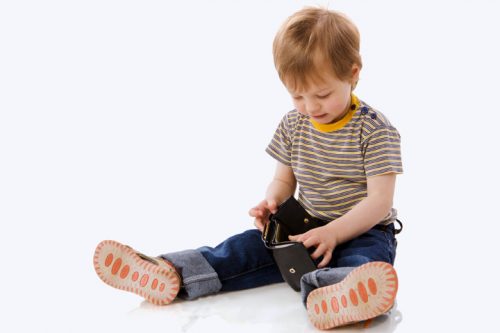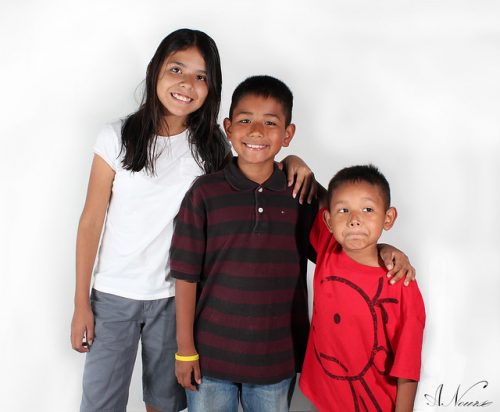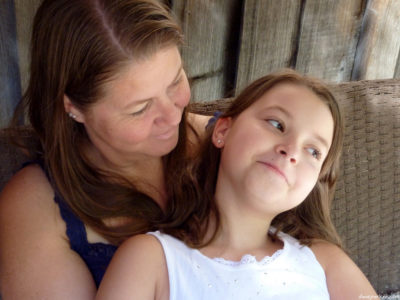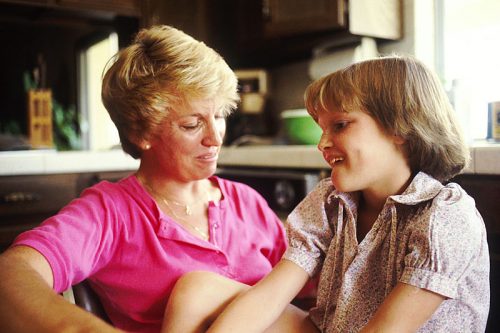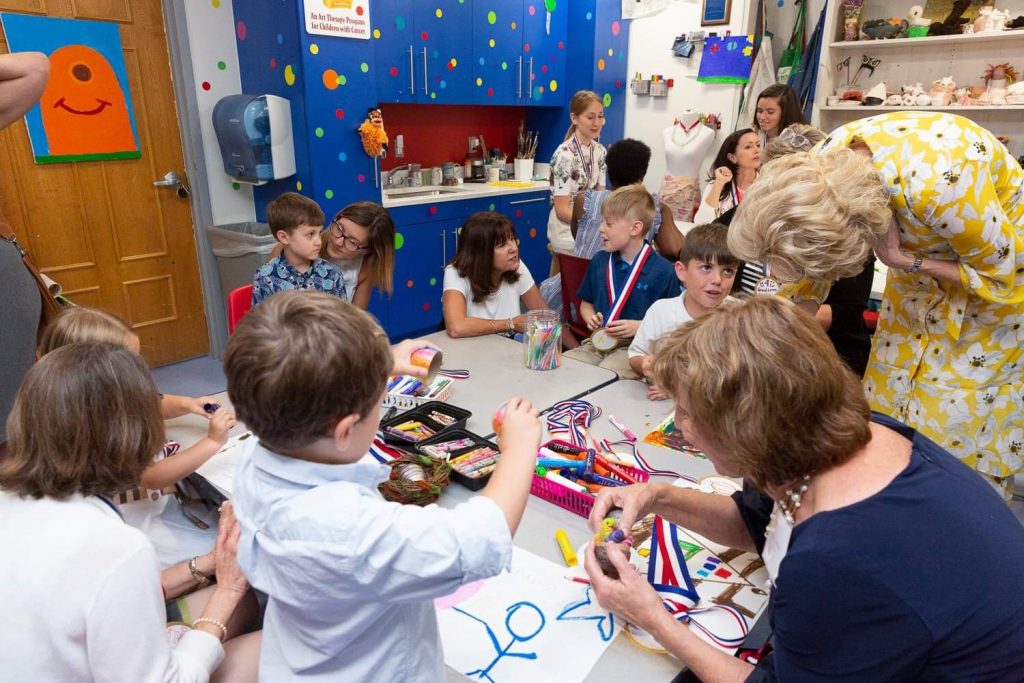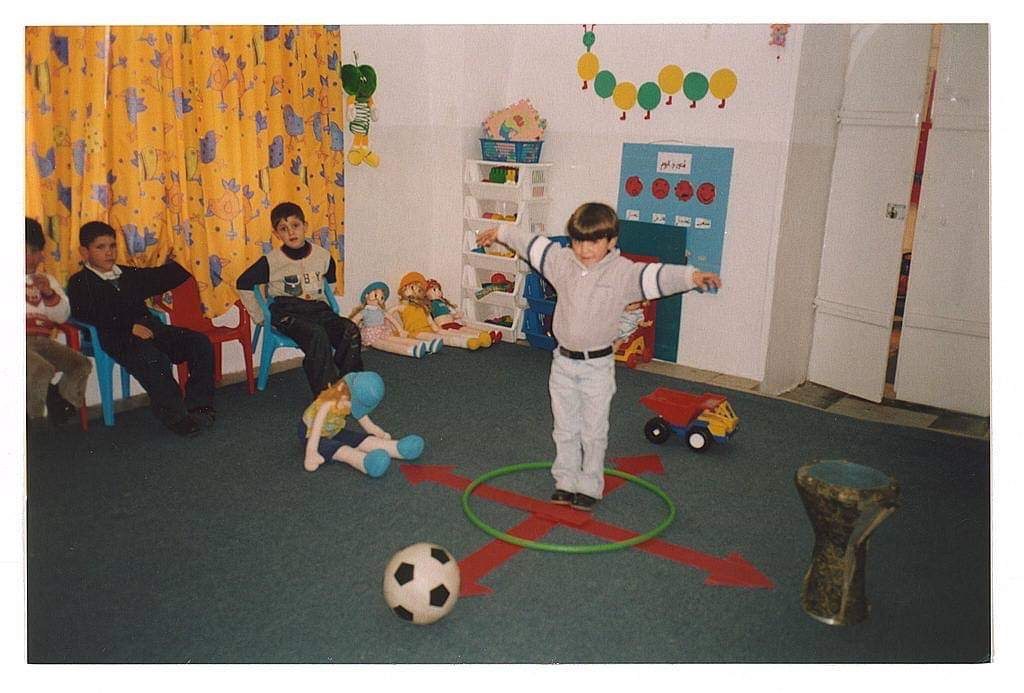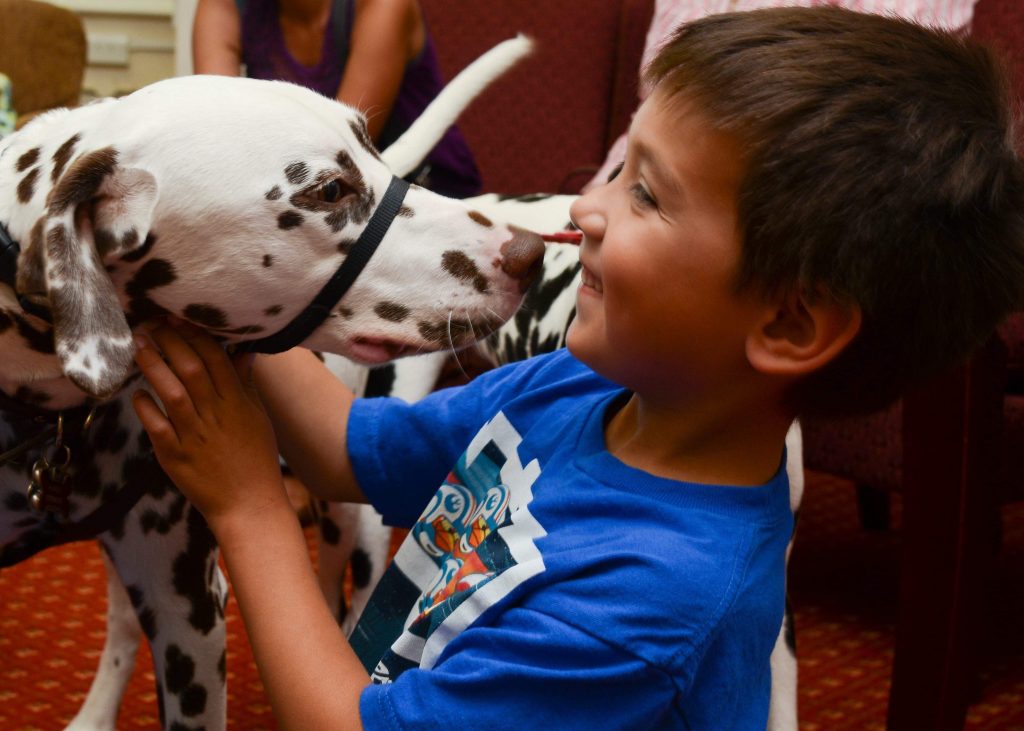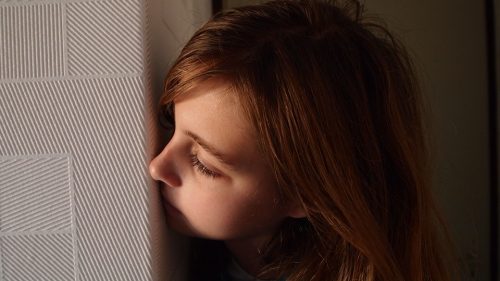My sisters and I grew up in a household where we did not need to have chores. Mom decided to leave her job as a piano teacher when the youngest kid was born, so she was always at home. Dad also made sure that we had an in-house helper to do all the cleaning and laundry for us. Thus, we got used to the cycle of waking up, studying, playing, and sleeping, even when we reached high school.

Whenever my friends would hear about how little I had to do at home, they would often express their envy. After all, most of them had parents who gave them chores as soon as they could follow instructions. The older they became, the more household activities they had to take responsibility for. That would sometimes make them resent their moms and dads, especially if they could not have fun without finishing their chores first.
The thing is, I realized that my friends were luckier than I was when I moved out of state for college. “Psychologist Erik Fisher, PhD, says, “Coddling is when parents predict the failure of a child. It is a protective act.” Allow me to share a few reasons why you should stop babying your kids, too.
They Won’t Know How To Survive In A Dormitory
The first issue came to surface when I went from the West Coast to the East Coast to get my college degree. My parents said in the beginning that they did not mind paying for my apartment, but I insisted on staying in a dormitory. In my head, it would be exciting to live with same-aged girls whom I was yet to meet.
However, I was not used to making my bed every morning. Most of my dirty clothes were either at the foot or under the bed as well. When it’s time to clean the room together, they would give me the most straightforward job of vacuuming the floor, but I still could not get it right.

It would be great if your kids could find roommates similar to mine who willingly taught me basic chores. Otherwise, they would not survive in a dormitory.
They Could Not Handle Typical Part-Time Jobs
Going to college or even before graduating from high school entails that your children can apply for part-time positions. The money they would earn from the job would allow them to buy whatever they want on their own. It would also teach them to become responsible, financial-wise.
The only problem here is that most part-time jobs require a bit of knowledge about cleaning, cooking, and doing other tasks. That is especially true if the kids become waitresses, busboys, cashiers, or ice cream scoopers. Considering your children have never held a mop or dish rag in their life, though, it will be almost impossible for them to keep their position for weeks.
They Would Rely On You Forever

Babying kids too much causes them to grow up as weaklings. What it means is that you have to help them with every single thing they do, even if they are old enough to start their own family. Instead of solving their issues by themselves, they would tell you about it so that you could resolve it for them. In other words, these kids would rely on you for as long as you are alive.
Final Thoughts
“Many of us often claim that our children are our world, and this is certainly true in our hearts,” wrote Angela Pruess, LMFT. In terms of daily life however, parents need to have more. We need to nurture the friendships, passions and hobbies that make us who we are as individuals. Doing this can feel like a battle, as our protective anxieties try to convince us our children can’t be without us, and also that we can’t be without them.”
It is okay to love and want to give the world to your children. You wish for them not to suffer as much as you probably had in the past, and that’s understandable. However, by babying them too much, you are not helping them at all. Stop that and teach the kids real skills instead.
Lauren Solotar, PhD, chief psychologist and senior vice president of clinical services at the May Institute, urges, “Parents must find a balance between providing the right amount of supervision and letting their child have enough esteem to make his own decisions.”
Good luck!

